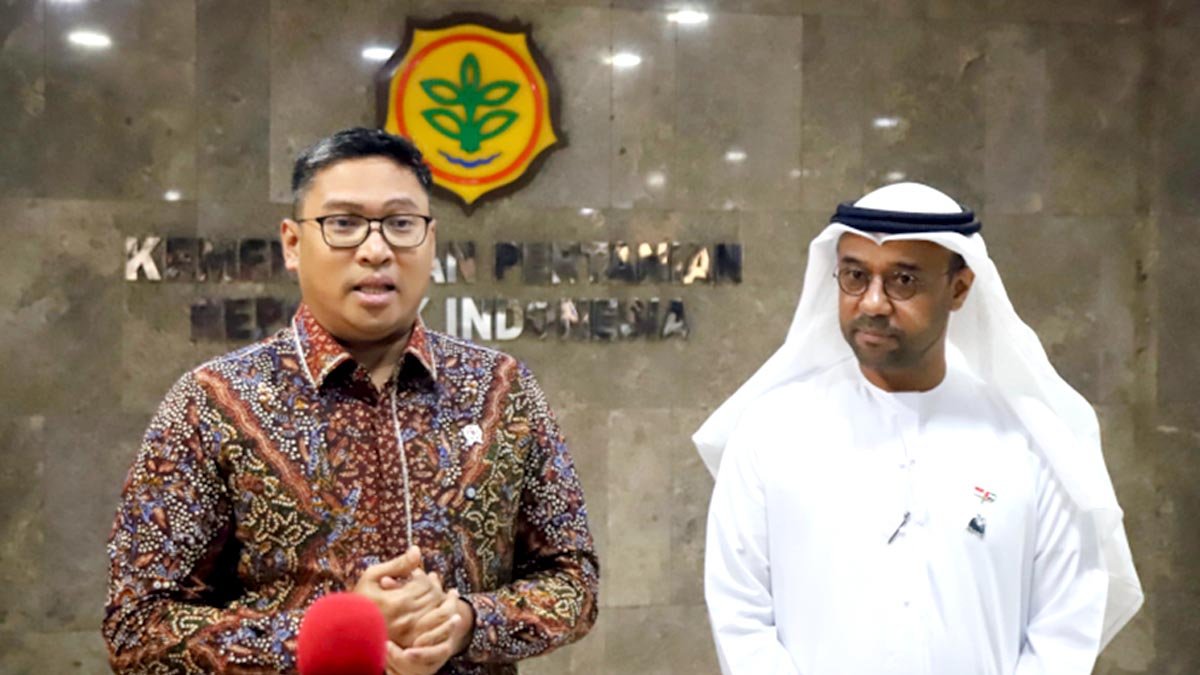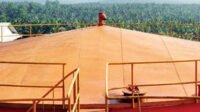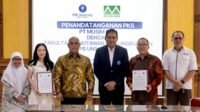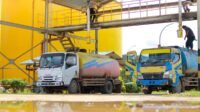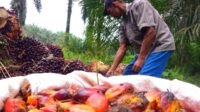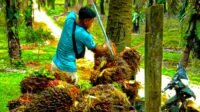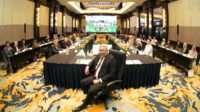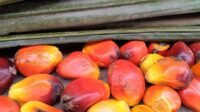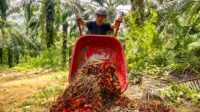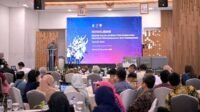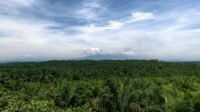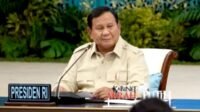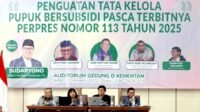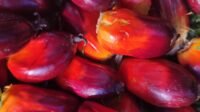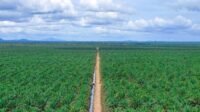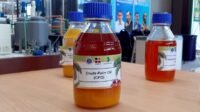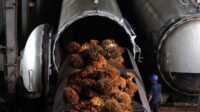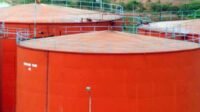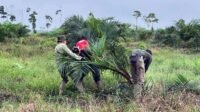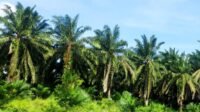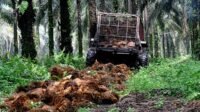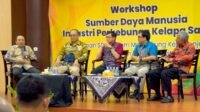PALMOILMAGAZINE, JAKARTA – The Government of Indonesia continues to reinforce its economic diplomacy in the agricultural sector. On Friday, May 16, Deputy Minister of Agriculture Sudaryono welcomed the United Arab Emirates (UAE) Ambassador to Indonesia, Abdulla Salem Al Dhaheri, at the Ministry of Agriculture headquarters in Jakarta. The meeting underscored the longstanding strategic partnership between the two nations.
During the discussion, both parties explored opportunities to expand Indonesia’s agricultural exports to global markets by leveraging the UAE’s extensive logistics and distribution networks. Deputy Minister Sudaryono emphasized the UAE’s importance as a key economic partner and a country with strong diplomatic ties.
“There has been a deep-rooted connection between our leaders since the era of President Jokowi, which continues under President Prabowo. This reflects a strong chemistry between our two countries,” said Sudaryono, quoted by Palmoilmagazine.com from the Ministry of Agriculture’s website.
Known affectionately as “Mas Dar,” Sudaryono also highlighted the need to expand and deepen ongoing collaboration, particularly in the areas of agricultural exports, downstream processing, and value-added production.
“We are committed to advancing and exploring investment opportunities that are already in progress—from meat processing to expanding exports to the Middle East, Africa, and even Europe,” he added.
The UAE remains one of Indonesia’s most significant trading partners in the Gulf region, especially for key agricultural products such as eggs, poultry, fruits, palm oil, and cloves.
“We aim to increase our export volume. To do that, we need strong international channels—and one of the most strategic channels is through the UAE,” Sudaryono explained.
Ambassador Al Dhaheri welcomed Indonesia’s initiatives and pointed to the positive impact of the Comprehensive Economic Partnership Agreement (CEPA), which was signed in 2022.
“Throughout 2023, we saw tangible benefits from CEPA, including a notable increase in our trade balance. There is great potential to further align the interests of both countries,” said Al Dhaheri.
The UAE expressed continued interest in investing in Indonesia’s agricultural and livestock processing sectors and called for increased engagement from investors in both countries to advance a shared vision for sustainable food security.
According to Indonesia’s Central Statistics Agency (BPS), the country recorded a trade surplus of approximately USD 499.89 million in agricultural products with the UAE in 2024. Deputy Minister Sudaryono reaffirmed Indonesia’s openness to productive investments that generate jobs, increase added value, and strengthen national food resilience.
Notably, earlier in the week, Sudaryono also met with Argentina’s Deputy Minister of Agriculture, Agustin Tejeda Rodriguez, to discuss potential collaboration in the livestock sector. Indonesia is open to beef and live cattle imports from various countries, provided they meet technical requirements and offer competitive pricing.
With expanding international cooperation, Deputy Minister Sudaryono reiterated Indonesia’s ambition to play a more prominent role as a global agricultural powerhouse contributing to the world’s food supply chain. (P3)

